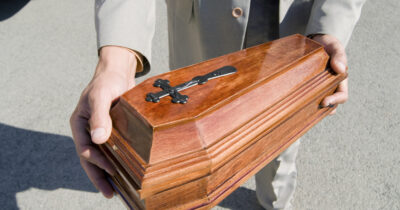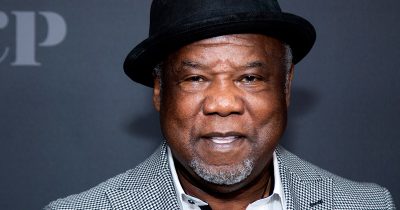
Beard or no beard? That may not be a difficult decision anymore. After this shocking news, you may loose your beard – or not getting one.
American television channel KOAT collected samples from voluntary men. They allowed microbiologist John Golobic run tests on which microorganisms a beard contains. He was shocked when he saw the results.
“I’m usually not surprised and I was surprised by this,” Golobic said to KOAT.
Several of the beards that were tested contained a lot of normal bacteria, but some were comparable to toilets. And the worse bacteria he found was what you can find in fecal matter. Yeah, that’s poo we’re talking about.
If the city were to find similar samples in the water system, it would need to be shut down for disinfecting. Golobic says the result shows a concerning lack of hygiene by some men with a beard. Even though the bacteria won’t make you sick.
To avoid the bacteria, you should not touch your beard too much, and make sure you wash your hands carefully.
Picture: Imgur




